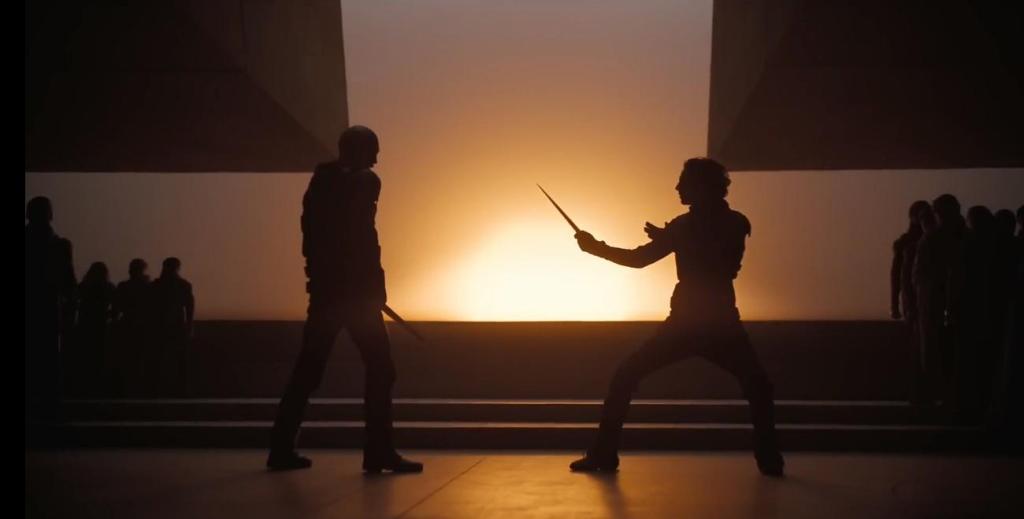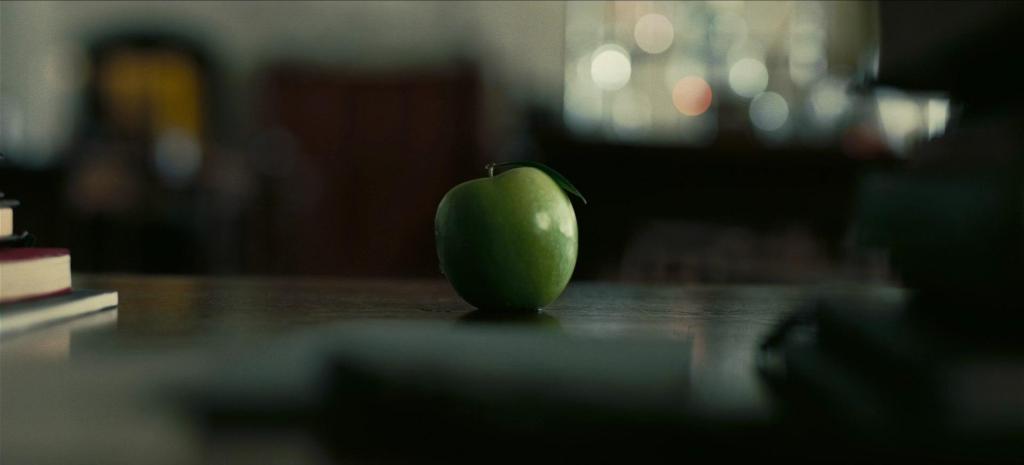Most times when one goes to the movies, they’re looking to be entertained at the very least. Sometimes, they’re looking to be impressed given that their expectations are so high. Then, there’s that rare occasion when you realize about halfway through, you’re watching rare occasion when a film is delivering an achievement unlike anything you’ve ever seen. Dune: Part Two is a rare achievement in science fiction that delivers technical mastery and emotional complexity on this large of a scale. Denis Villeneuve’s second act to Frank Herbert’s celebrated novel (which I myself have never read) surpasses the already astonishing first act in nearly every way.
It hit me about an hour in that the amount of care this film has for itself is truly irregular for this scale. The breed of event films feels as if it’s become highly popularized, but not monetized, over the past decade. So many existing IPs want to give this emission of epicenes but rarely accomplish such a task due to the lack of care or quality control. When so many sequences drastically shift color temperature to represent the impact of different solar habits on different worlds – thanks to the inventiveness of Greig Fraser’s camerawork – all that speaks is care. The pacing and attention to detail left me engrossed without a single moment to breath.
The ensemble cast all give committed performances with Timothee Chalamet leading the charge with more character range than the first film. As much as this is Paul Atreides story, Part Two is just as much Chani’s who is portrayed with delicacy by Zendaya as the emotional center of this story and arguably the focus point. Javier Bardem gets an expanded role as Stilgar and perfectly balances a line of levity and anguish. More than all, this film’s cast cannot be discussed without mentioning Austin Butler’s performance as Feyd-Rautha; one of cinema’s newest classic villains. Butler plays this role with so much sinister conviction that you truly lose sight of the actor and become terrified by whatever psychotic action his character will do next.
I’m not going to pretend to be an expert on zealotry but this seems to be at the forefront of what Dune: Part Two looks to unapologetically explore. It’s themes like fanaticism and imperialism that may not be entirely fresh to the science fiction genre, but the execution here gives us a fresh take on how narrative influence leads to actionable intent. In other words, Paul is the savior that is foretold but not in the way anyone foresees. This universe is textured with so much background that gives you just enough to draw your own interpretations of what all of this means. It’s quite clear why this book is so highly regarded.
Everyone involved in the creation of this film is at the top of their game. Hans Zimmer’s score builds up the most emotional momentum since his Interstellar composition in what is immediately some of his best work. This is a great example of music elevating each scene to levels emulating a Greek tragedy. Beyond the melodic language, the film’s expertly crafted sound editing emphasizes the scale of each image. This is a loud film that brings you deep into the surroundings of everything going on.
Dune: Part Two is a visually and sonically dense narrative that brings science-fiction to new colossal heights. The cinematography is striking and the world-building is immersive in a way I didn’t know I was thirsting for. Denis Villeneuve has cemented himself as one of this generations finest storytellers. There are large amounts of topics to discuss with this film but for now I’m going to let it speak for itself.




Leave a comment